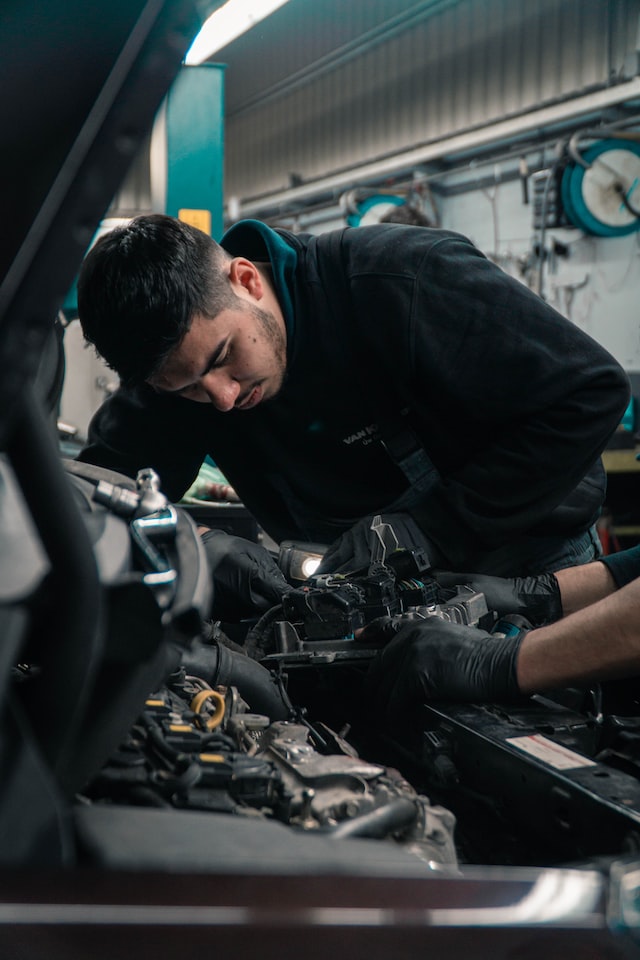Key Takeaways:
- Mobile kitchens are pivotal for the dynamic catering industry and crucial in disaster relief efforts.
- Integrating cutting-edge technology ensures the efficiency and sustainability of mobile kitchen operations.
- Strategic planning and management are essential for maximizing the utility of mobile kitchen rentals.
- Effective collaboration with vendors and community organizations can enhance service quality and availability.
- Adherence to health and safety protocols is non-negotiable for maintaining service excellence in mobile kitchens.
- Marketing strategies tailored to mobile kitchens can drive visibility and business growth.
Table of Contents
- Understanding the Function and Benefits of Mobile Kitchen Solutions
- Planning and Implementing Mobile Kitchen Facilities
- Critical Factors in Choosing and Managing a Mobile Kitchen Rental
- Maximizing Space and Efficiency in Compact Kitchen Environments
Understanding the Function and Benefits of Mobile Kitchen Solutions
The advancements in mobile kitchen facilities have revolutionized how catering services operate and how emergency nourishment is provided during unthinkable disasters. These modern marvels, which conjure up gourmet meals on wheels, have introduced a level of convenience and quality that fixed-location kitchens need help to match. By tapping into the services of mobile kitchen rentals, businesses, and relief organizations can ensure a sustained operation separate from a brick-and-mortar establishment. The agility afforded by mobile kitchens makes them a logical option for outdoor events, renovations, and disaster zones where traditional food service avenues are incapacitated or nonexistent.
However, the utility of these mobile units stretches well beyond flexible location usage. During emergency response missions, mobile kitchens have shown their worth by promptly addressing the nutritional needs of both victims and first responders. They offer a meal and a sense of comfort and normalcy in the face of adversity. Such contributions have cemented their role as indispensable assets in managing crises and supporting large-scale events and small, impromptu gatherings.
Planning and Implementing Mobile Kitchen Facilities
Executing a successful mobile kitchen operation starts with meticulous planning. Comprehending the legal landscape is necessary for steering clear of violations that could derail your project. State regulations, city ordinances, and health codes dictate what equipment and setups are permissible. Therefore, a thorough understanding of these is a prerequisite for any mobile kitchen venture. Safety should also be at the forefront of the considerations, from ensuring fire suppression systems are in place to conducting routine equipment checks.
Furthermore, identifying the correct provider is convenient and a strategic business decision. The right provider will offer a range of configurations and support services that cater to your specific demands. For example, a caterer hosting a multi-course banquet will require different amenities than a charity providing simple, nutritious meals in a disaster-stricken area. It would help if you had a provider who understands these nuances and delivers solutions that align with your requirements and exceed expectations.
Critical Factors in Choosing and Managing a Mobile Kitchen Rental
Choosing to rent a mobile kitchen is a complex open-and-shut decision. It would help if you weighed the pros and cons meticulously. Rentals are ideal for scenarios where long-term investment is not justifiable, or flexibility is a priority. However, selecting a kitchen entails evaluating cost implications beyond the rental price. Consider the logistical aspects, including delivery, installation, and potential staff training expenses that may accrue. Managing the rented mobile kitchen efficiently requires diligent upkeep to produce every meal in a state-of-the-art, safe, and clinically clean environment. Regular preventive maintenance is critical in avoiding unforeseen disruptions that might impact the service standards expected by clients.
Maximizing Space and Efficiency in Compact Kitchen Environments
Space constraints in mobile kitchens necessitate innovative design strategies to ensure that every square inch is utilized optimally. Solutions can range from multipurpose equipment to modular fittings, which allow a high degree of customization depending on the menu and service structure. Consequently, an efficiently organized mobile kitchen can mirror the output and quality of larger traditional kitchens, all while maintaining the mobility edge. Moreover, a well-designed workflow reduces unnecessary movements, thus conserving energy, time, and costs. By embracing these principles, mobile kitchen operators can offer exceptional service that belies the smaller footprint of their facilities.




